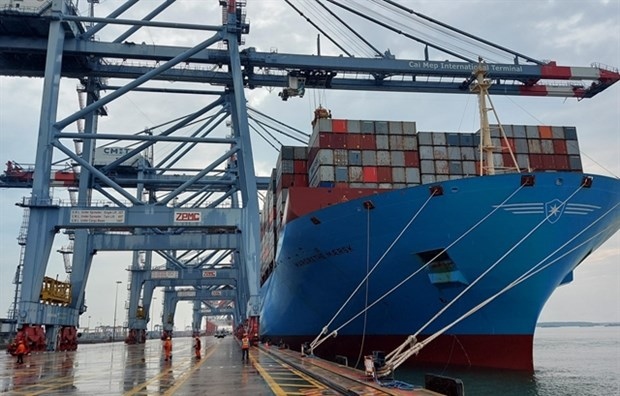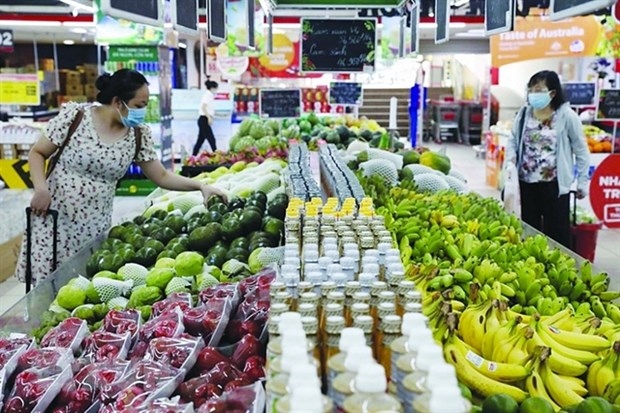
VNS/VNA
2513 newsArticles by author

New COVID-19 adaptation programme for social impact businesses
The Agency of Enterprise Development (AED), Global Affairs Canada (GAC), and the UN Development Programme (UNDP) on April 29 jointly launched the “COVID-19 Adaptation Programme” for social impact businesses (SIBs) to increase their capacity and refine business models.

Hana Financial Investment acquires 35% stake in BIDV Securities
Hana Financial Investment Co. Ltd. (HFI), a subsidiary company of the Republic of Korea’s Hana Financial Group, has acquired a 35% stake in BIDV Securities Joint Stock Company (BSC) in the form of private placement with a total transaction value of nearly US$117 million.

Animated film wins first prize in Film Pitching contest
Truong Hoc Ma Mut (The Mammoth School), an animated film, has won first prize at the Film Pitching contest jointly organised by the Vietnam Film Development Association (VFDA) and the Motion Picture Association of America (MPA).

Moody's upgrades SeABank's basic credit assessment
Moody's announced it would raise the baseline credit assessment (BCA) from B2 to B1 for Southeast Asia Commercial JS Bank (SeABank) in the 2022 rating review period.

Vietnam's logistics must keep up with international standards
There has been great pressure on Vietnam's logistics industry to train, retrain and upgrade workers' knowledge as well as to keep up-to-date with international standards and measures, according to the Vietnam Logistics Business Association (VLA).

Foreign capital poured into industrial real estate
The Vietnamese industrial real estate market continued to record positive signals, attracting a large amount of foreign capital.

Bank deposits surge in wake of interest rate hike
Thanks to increases in savings interest rates, deposits at banks increased strongly in the first two months of this year after declining last year.

Innovation and reduction of food waste critical to dealing with climate change impact
Innovative and business-driven solutions to reduce food waste are critical to enhancing sustainability and reducing environmental impact, said Mark Tattlesall, Deputy Ambassador of Australia to Vietnam, in a recent workshop on food waste.

Fiscal policies work to keep inflation under control
Fiscal policies have worked to promote economic growth and control inflation in the first months of this year, Deputy Minister of Finance Vo Thanh Hung said, adding that close watch should be placed on the market to ensure inflation is within the National Assembly’s target.

Domestic car market sees consumption growth in March
Members of the Vietnam Automobile Manufacturers Association (VAMA) sold over 36,962 autos in March, up 60% on the month, according to a recent VAMA report.
